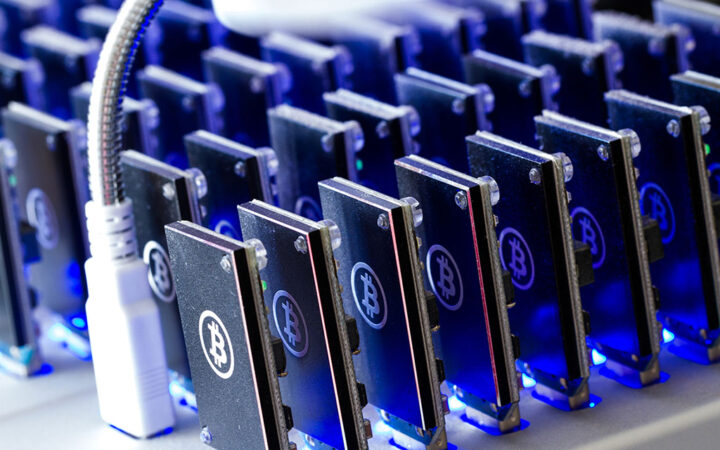
Darya is a crypto enthusiast who strongly believes in the future of blockchain. Being a hospitality professional, she is interested in finding the ways blockchain can change different industries and bring our life to a different level.
The Chinese central bank is planning to limit the mining business by imposing restrictions on the electricity usage by miners.

According to a local source, the People’s Bank of China (PBOC), the Chinese central bank, is insisting on introducing by the government regulations of the power usage of Bitcoin miners. Limitations can reduce the scale of their coin production.
The Bank itself does not have such authority, so at a closed-door meeting at the end of 2017 it told the Leading Group of Beijing Internet Financial Risks Remediation to ask local administration to impose limitations on power usage. The highly-productive GPUs used in Bitcoin mining require a lot of electricity.
To verify every Bitcoin transaction, these rigs need to constantly solve complex cryptographic problems, which suggests a huge carbon footprint. Now Chinese authorities are worried because Bitcoin miners use advantage of low power prices in some areas and affect normal electricity use in some cases. Local officials have been asked to investigate the high power consumption associated with the industry.
China is one of the world’s largest source of Bitcoin mining. Some miners have set up around hydroelectric facilities in Sichuan and Yunnan provinces. According to the Digiconomist Bitcoin Energy Consumption Index, Bitcoin mining now inputs as much electricity as 3.4 million U.S. homes.
Craig Erlam, senior market analyst at online trading firm Oanda in London, said: “This may have contributed to bitcoin coming off its daily highs. Electricity usage certainly appears to be a significant challenge for the cryptocurrency in the years ahead.”
Bitcoin enjoyed 15-fold increase last year, but currently it has a slight price recession. Another reason for concern is inexpedience of Bitcoin mining for the economy. Mined bitcoins use local resources but do not contribute to the mainstream economy, as most of them are sent to foreign countries.
China’s keen interest to miners is a result of cryptocurrency crackdown last year. In September authorities outlawed initial coin offerings and ordered to close all cryptocurrency trading exchanges in order to suppress financial risks. and have called on local exchanges to halt virtual currency trading. Then Bitcoin miners started fearing that they could be affected as well. Obviously, not for nothing. After successful banning ICOs and cryptocurrency exchanges inside the country, the Chinese authorities now focus on the Bitcoin mining industry.
If the proposed regulations on power usage are implemented, small miners will be affected first. Large mining operations will be impacted insignificantly.
The impacted exchanges are now calling on neighboring crypto-friendly Asian countries. Some of them have partnered with local businesses to open exchanges there. For example, Huobi, previously the biggest crypto exchange in China, has signed a deal with Japanese SBI Group and will open two new exchanges this month.

Darya is a crypto enthusiast who strongly believes in the future of blockchain. Being a hospitality professional, she is interested in finding the ways blockchain can change different industries and bring our life to a different level.




